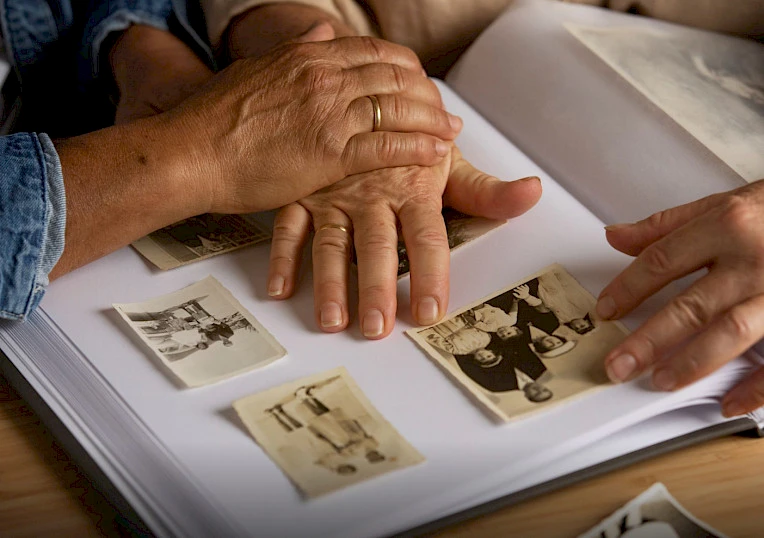Increase in the number of people with dementia in Cyprus, support for families and patients remains limited
In Cyprus, there is a growing number of citizens suffering from dementia, including Alzheimer’s disease — the most common form of this condition. Experts in neurology and elderly care report a significant burden on patients’ relatives. According to international organizations, dementia affects up to 5% of the elderly, and with increasing life expectancy, these figures continue to rise.

Alzheimer’s disease is mostly diagnosed in people over 65 years old and leads to a gradual decline in memory, speech, and self-care abilities. Specialists emphasize that early detection and both medical and non-medical therapy can slow symptom progression and improve quality of life.
The lack of specialized state centers and the insufficient level of private infrastructure for the care of such patients, experts note, create serious difficulties for families, who are forced to provide round-the-clock care on their own. On average, caring for an elderly family member takes more than 40 hours per week, which negatively affects the psychological, social, and financial well-being of relatives.
Neurologists point out that about half of patients are unaware of their condition due to the nature of the disease, which makes daily support even more difficult. The main symptoms are memory, speech, and orientation deterioration, and in later stages — complete loss of independence.
According to specialized organizations, nearly half of dementia cases can be prevented by controlling risk factors such as high blood pressure, blood sugar, cholesterol, lack of physical and mental activity, smoking, and depression. Experts recommend seeking professional help at the first signs of memory impairment.
For residents and families in Cyprus, the shortage of specialized services means the need to plan care in advance and pay attention to the condition of loved ones. According to specialists, timely medical consultation and awareness of prevention significantly increase the chances of support and slowing the progression of the disease.
You may also be interested in:
- An impostor posing as an Orthodox priest is active in Cyprus
- Scaffolding collapses in central Nicosia
- The condition of cemeteries in Cyprus raises concerns
- Labubu — the toy that became a fashion symbol of 2025: who is behind the phenomenon
- In Paralimni–Deryneia, discussions were held on how to address chronic stormwater problems


